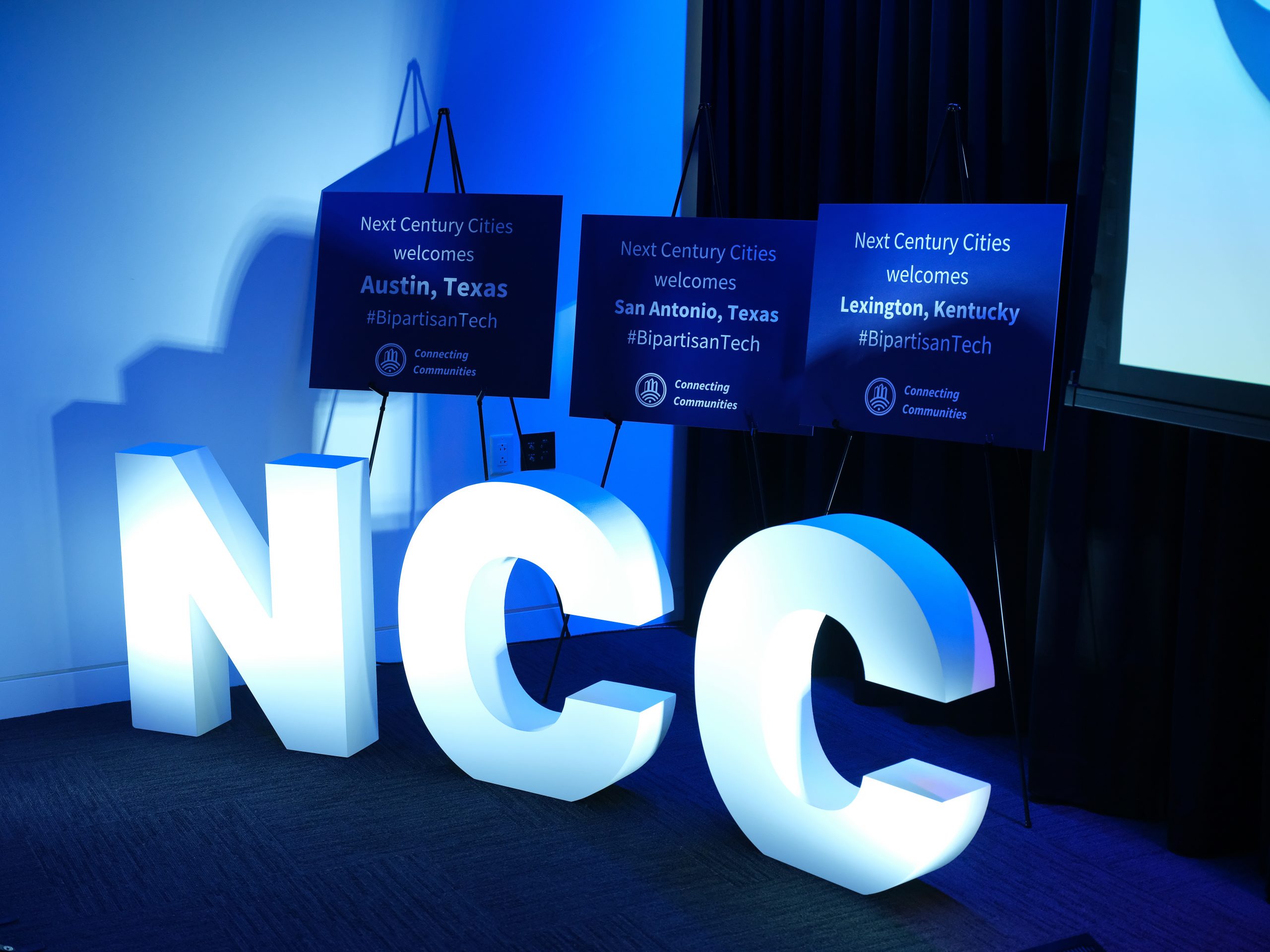By Brian Donoghue
Photo credit: Ken Lund, https://www.flickr.com/photos/kenlund/15036270823
Introduction
Established with bipartisan support in Congress, the Affordable Connectivity Program (ACP) has become a critical component of the nationwide effort to bridge the digital divide. It provides a monthly broadband subsidy that enables low-income households to get and stay connected.
The threat of a funding shortfall in 2024 could not only jeopardize progress toward nationwide universal service goals but could easily undermine the success of other federal broadband access initiatives that rely on the ACP to fill in broadband connectivity gaps.
This blog series showcases community-based efforts to ensure that the ACP reaches households in need. Local leaders are working to expand affordable, high-speed internet access. Federal Communications Commission’s (FCC) ACP Outreach Grant Program funding enables them to incorporate ACP awareness and enrollment efforts into digital equity initiatives.
San Diego County
San Diego County is a sprawling, culturally diverse region. It boasts over 100 spoken languages, a large military base, one of the largest refugee resettlement sites, and the busiest border crossing in the United States.
These factors present unique challenges when rolling out efforts like ACP. But the Department of Homeless Solutions and Equitable Communities (“HSEC”), led by Community Operations Officer Barbara Jimenez, is up to the task. HSEC is housed within the County’s Health and Human Services Agency with a mission of supporting under-resourced and vulnerable groups, immigrant and refugee communities, and those at risk of homelessness. Their FCC-funded ACP promotion efforts leverage an existing network of community health workers and partnerships with local organizations to increase awareness and enrollment.
Jimenez’s strategy is deeply rooted in community engagement. She understands that the best way to reach diverse communities while overcoming language and other barriers is to have trusted messengers involved in promotion and enrollment. To this end, HSEC leverages support from its existing community health worker team.
Data-driven Impact
Community health workers, who have built relationships with San Diego residents eligible for the program, are providing Affordable Connectivity Program outreach, education, navigation, and direct enrollment support, working alongside contracted partners in harder-to-reach areas. To ensure efficiency and effectiveness, they integrate ACP promotion into their ongoing work, which includes co-hosting community events with local organizations.
HSEC’s approach is data-driven, with continual evaluation for impact. Mapping areas where ACP outreach could be most beneficial helps ensure that resources are directed to populations in need. They also invite feedback from residents and partners, adjusting their materials and strategies based on community members’ input and language preferences.
People-first Policies
Cultural sensitivity is a hallmark of their efforts. HSEC does not only aim to provide materials in multiple languages, but it is also focused on creating accessible, visually stimulating, and easy-to-understand content. In San Diego, reducing digital inequality starts with a community-centered and culturally responsive approach.
Another cornerstone of HSEC’s effort is collaboration. From internal cross-departmental collaboration to partnerships with digital experts for technical know-how and data, HSEC understands that the success of ACP depends on a collective effort. They value community partners and rely on a trusted messenger approach.
HSEC’s ACP outreach strategy demonstrates the importance of community-driven strategies, a deep understanding of local cultural contexts, and flexible, responsive tactics. By embedding their efforts in ongoing community activities and leveraging health workers who live and work in the communities they serve, HSEC is removing barriers to broadband access and delivering on its digital equity goals.


